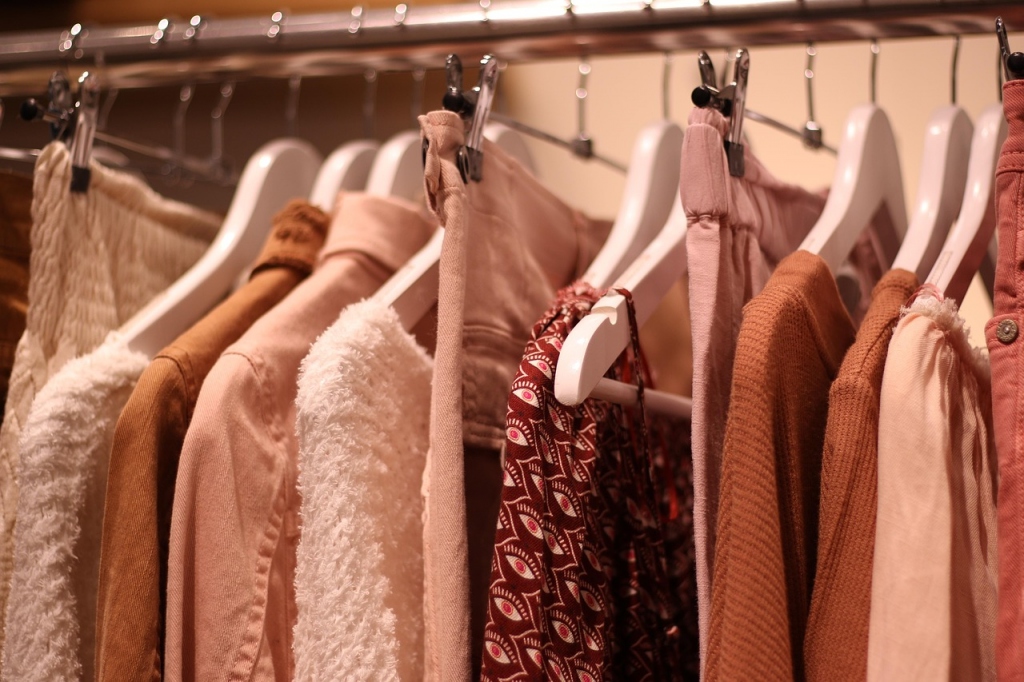As any Westbourne local will tell you, our bustling high street is absolutely brimming with charity shops. But before you bundle everything into black bags and march down to Westbourne arcade, it's worth knowing what these wonderful establishments actually want and need. After all, there's nothing more awkward than arriving with a car boot full of donations only to be gently turned away at the door.

5th September 2025
As any Westbourne local will tell you, our bustling high street is absolutely brimming with charity shops. From Marie Curie's brilliant finds at great value to Save the Children on Poole Road, plus Barnardo's and The Salvation Army, not to mention DEBRA's sustainable fashion treasures and the newer Prama shop, we're spoilt for choice when it comes to giving our preloved items a second life.
But before you bundle everything into black bags and march down to Westbourne arcade, it's worth knowing what these wonderful establishments actually want and need. After all, there's nothing more awkward than arriving with a car boot full of donations only to be gently turned away at the door.
The most crucial thing to remember is condition. Items should be freshly laundered, odour-free, and free from stains, tears, or excessive wear. Charity shops operate on tight margins and volunteers don't have time for extensive cleaning or repairs. Your donations should be in good, sellable condition that meets fire safety regulations and hygiene standards. Think of it this way: would you happily buy this item yourself? If the answer's yes, then you're on the right track.
Clothing forms the backbone of most charity shops, with specific requirements varying by season and demand. Clean garments without missing buttons, broken zips, or visible wear marks are ideal. Designer items, vintage pieces from the 1970s onwards, and quality high-street brands perform particularly well. Children's clothing is especially welcome, as little ones outgrow things faster than you can say "growth spurt," but items should be checked for safety recalls. Avoid donating underwear, swimwear, or heavily worn footwear. Seasonal timing matters too - winter coats donated in spring will be stored until autumn, requiring precious warehouse space.
Books, DVDs, and homeware items are charity shop staples. That collection of paperbacks you've finished reading, the kitchen gadgets you never use, or the ornaments that no longer spark joy – these are all potential goldmine items for your local Westbourne charity shops.
Books should be in good condition without missing pages, excessive highlighting, or musty odours. First editions, recent releases, and educational materials are particularly valuable. DVDs and CDs must be scratch-free with cases intact, though most shops no longer accept VHS tapes or cassettes due to declining demand.
Homeware presents excellent opportunities for donation, including ceramics, glassware, small electrical items like hair dryers or kettles (provided they're PAT tested by the shop), and kitchenware. Furniture donations vary by shop size and storage capacity, so telephone ahead for larger items like sofas or wardrobes.
Jewellery, handbags, and accessories are highly sought after, particularly genuine leather goods or designer pieces. Sports equipment, games, and toys should be complete with all parts, whilst soft toys require thorough cleaning and must meet current safety standards.
However, there are some definite no-nos to be aware of. Large electrical appliances, car seats, crash helmets, and medical equipment cannot be accepted for safety reasons. Similarly, firearms, knives with blades over three inches, or any items requiring specialist disposal are prohibited. Many shops cannot accept duvets, pillows, or mattresses due to hygiene regulations, and certain books including outdated medical texts or potentially offensive material may be declined, though it's worth checking with individual shops as policies can vary.
Whether it's just a couple of books or a full house clearance, most shops are happy to accept donations. Timing your donations strategically can maximise their impact. Spring cleaning season sees shops inundated with donations, whilst summer and post-Christmas periods often experience shortages. Consider donating during quieter periods for better processing and display opportunities.
For larger donations exceeding 10 bags, contact shops directly to arrange suitable drop-off times or collection services. Some Westbourne charity shops offer free collection within a five-mile radius for substantial donations, particularly furniture or bulk clothing donations.
Many shops will also ask about Gift Aid when you donate. This scheme lets them claim 25p from HMRC for every £1 your items raise at no cost to you, essentially boosting your donation's value by a quarter. This costs you nothing but requires providing your name, address, and signature confirming you're a UK taxpayer. Over a year, this can add hundreds of pounds to charity coffers from individual donations.
Consider the shop's speciality when donating. Marie Curie often welcomes vintage and designer items that appeal to their clientele, whilst Save the Children actively seeks children's books and educational toys. DEBRA's focus on skin condition research means they particularly value quality clothing and accessories.
So next time you're having a clear-out, remember that Westbourne's charity shops are there to help your unwanted treasures find new homes whilst supporting fantastic causes. Just ensure everything's clean, in good nick, and ready for its next adventure.